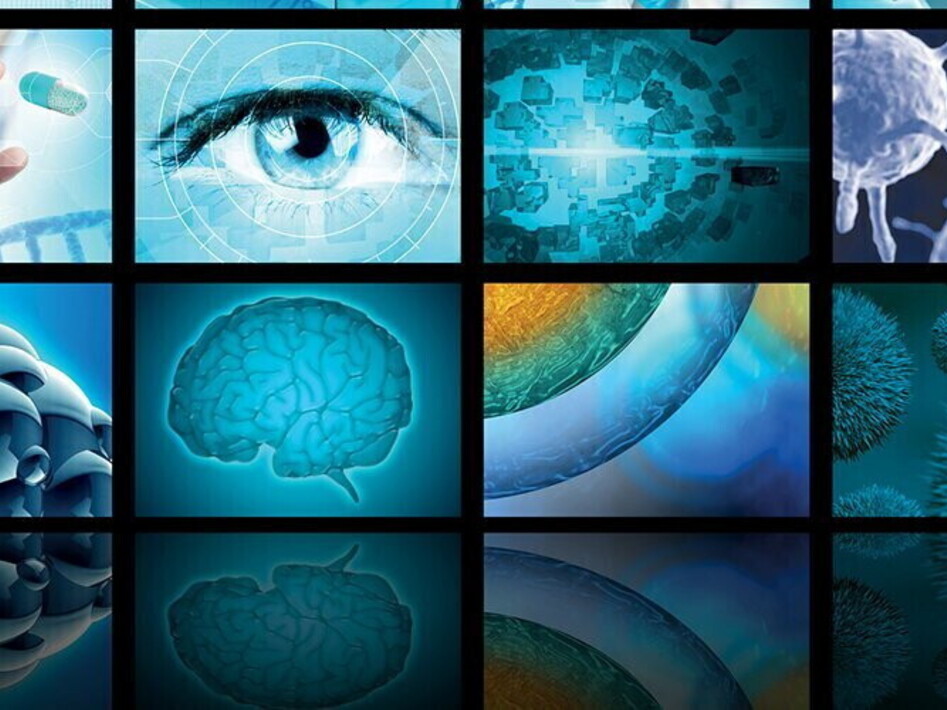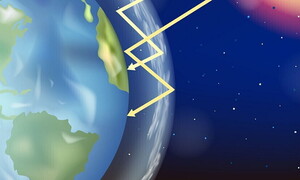The science of 2024
03 January 2024

Nature is among the oldest and most important science magazines in the world. It is more than 150 years old, the first issue was published in 1869 in the United Kingdom. In these days it is publishing a review of the most interesting scientific research to watch out for in 2024.
Supercomputers. The super fast Jupiter computer is the first hexascale computer and is all-European. What does hexascale mean? It means that Jupiter will be capable of performing one billion billion operations in one second. Just for a comparison, a normal laptop computer can reach a maximum of a couple of billion operations per second. Jupiter will cost 273 million euros, half the original estimate, and will be installed at the Jülich Supercomputing Centre near Munich. It will be used to develop new drugs, study climate change and perform simulations to improve countries' response to emergencies.
Climate. Starting next summer, the International Court of Justice in The Hague is expected to decide what legal consequences climate-damaging countries will face. The rulings will not be legally binding, but may push the most polluting nations to become more involved in the fight against climate change.
Problems of conscience. What human conscience is from a neurological point of view, i.e. related the functioning of the brain, is still unclear. That is, how is it that 100 billion brain cells, neurons, become what we are, what we feel, emotions, feelings, desires... A debate between science and philosophy.
Dark matter. What is dark matter, the invisible and mysterious component that takes up 25% of the universe? In 2024, experiments will be carried out to detect axions, dark matter particles. They will be very complicated because they require very sensitive measuring instruments with very powerful magnetic fields. It seems that the Sun also emits axions and it is in the Sun's rays that a giant magnetic X-ray telescope will be looking for them.
New lunar missions. In November, NASA will launch the Artemis mission with four astronauts, three men and one woman. Aboard the Orion spacecraft, the fearless cosmonauts will be flying around the Moon for 10 days. In other words, they will not walk on the Moon but will carry out studies and research to facilitate the Artemis 2 and Artemis 3 missions. The latter will take two astronauts, a woman and a man, to the surface of our natural satellite, a full 52 years after the last Moon landing. Other robot-only missions will explore our and other moons. China will launch CHANG'e-6 on our satellite to collect soil samples. The Japanese probe MMX will visit Phobos and Deimos, Mars’ two small moons, while NASA's Clipper probe will set off for Europa (one of Jupiter's satellites) to find out whether its underground ocean might harbour life forms.
New vaccines against Covid. Research to develop new, more potent vaccines against the virus is beginning. These will be intranasal vaccines, i.e. injected directly into the nostrils probably with a sprayer or something similar. They will protect the airways directly. Meanwhile, the WHO (World Health Organisation) will present a treaty on pandemics during the 77th World Health Assembly in May. The document will aim to better prepare governments across the planet to prevent and tackle future pandemics.
Armed mosquitoes. The World Mosquito Program will produce and release millions of mosquitoes in Brazil infected with bacterial strains that prevent nuisance insects from spreading diseases dangerous to people, such as dengue or the Zika virus infection. Millions of mosquitoes will be armed with bacteria and will be free to sting, and, paradoxically enough, protect millions of people.
Eyes to the sky. The Vera C. Rubin Observatory in Chile, dedicated to the American astrophysicist who first confirmed the existence of dark matter in the universe, will raise its telescopic eye to the sky to monitor asteroids that come too close to our planet. Also in Chile, in the Atacama Desert, the Simons Observatory will search for traces of gravitational waves, echoes of the Big Bang.
Artificial intelligence. OpenAI, the company that created ChatGPT, will release GPT-5, the next generation of artificial intelligence, while Google will launch Gemini, its version of artificial intelligence. The year 2024 will see the launch of the new version of AlphaFold, the artificial intelligence developed by Google DeepMind capable of predicting with atomic precision the structure of proteins and their interaction with DNA: it will be a formidable tool for designing and building new drugs.
For more details: Nature


